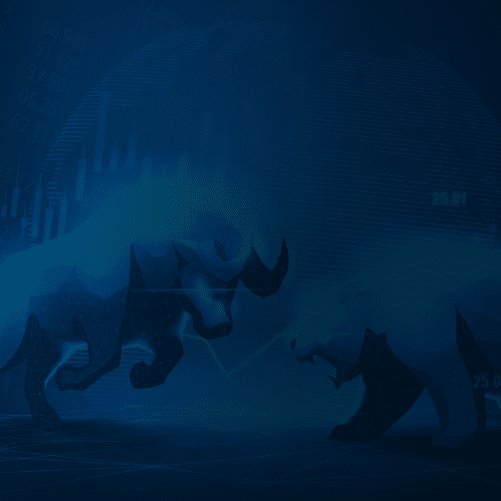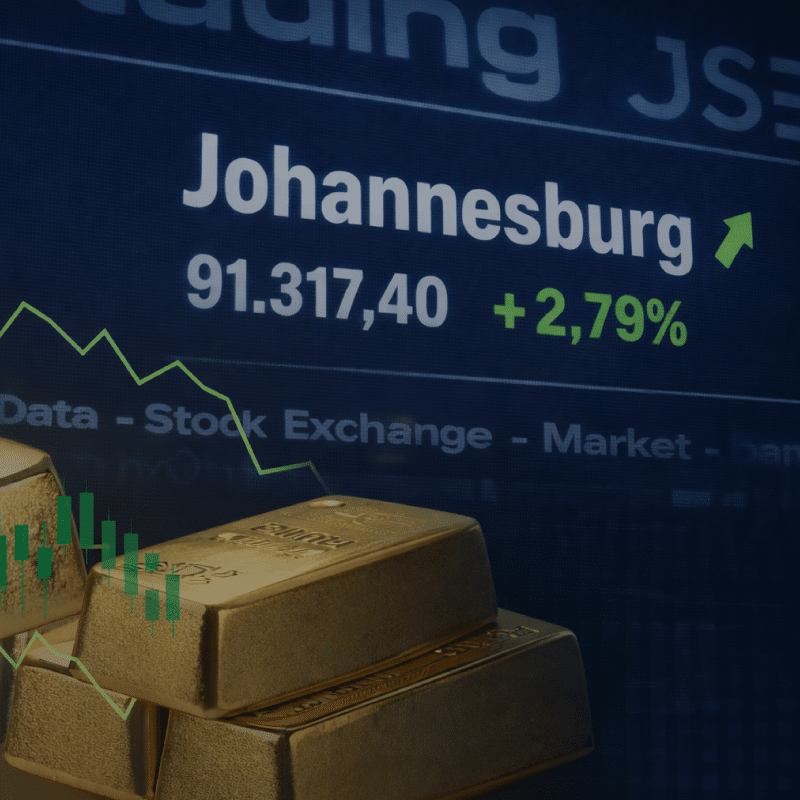There is a very small (and horrifying) chance that World War 3 (WW3) starts in the coming months. There is a raving Russian lunatic authorising missiles being shot into blocks of residential apartments. This could end anywhere and the instinct of most is to retract into a place of safety and take all risk off the table. At times like these, it is our job to hold the hands of investors and to help ensure that people do not make irrational decisions informed by emotions. As one of my colleagues said the other day “Every bone in my body wants to go into cash”. It is normal. The key point to be made is that we are not investing your money expecting WW3; over time an aversion to risk has cost investors dearly and by having money invested in equities you must accept that there are unpredictable outcomes out there.
Our clients who bailed out of the market during the zenith of the COVID-19 pandemic (the last time we felt like this) have lost half their investment on a relative basis. If you have a proper long-term perspective, trying to time when to be invested in the market (and when to be on the sidelines) is not a profitable pursuit. Through all the scares and horrors of the world, global equities have delivered 8%-10% US dollar returns over most five-year periods, which is what we believe investors should be striving for in the risk portion of their portfolio. We have seen it many times in our client base – clients who panic at every risk (and every year there are new risks) tend to get 2%-5% annual returns instead of 10% plus.
For most global events there are economic victims and beneficiaries of current events – winners and losers. Our approach is to look at the risks and potential returns at a share level, and our default approach is to position the portfolio accordingly rather than default to cash.
For those investors concerned about equity exposure in the current environment, we suggest some context and we ask them to consider the following aspects/questions:
- Are you likely to want to withdraw money from your offshore portfolio in the next 3 years – do you need the money? If you do not, it is almost always the right thing to remain invested.
- What are equities as a proportion of your net asset value (NAV)? Do not generally consider downweighting equities if it is less than 50% of your NAV.
- What is the local and international portion of your NAV? It is important to view your share investments in this context.
- Is a compound 8%-10% p.a. US dollar return for the risk portion of your portfolio a target that you are comfortable with and are you prepared to have up and down years in the pursuit of this long-term objective.
The questions beyond this get into the wealth and financial planning realm, where your financial advisor can add further value.
Investing can be an exhilarating and frustrating profession, as we attempt to negotiate risks, identify great companies, and balance valuations and prospects. The reality of our profession is that if you get it right 60% of the time you will beat almost everybody else. So, for at least 40% of the time, you feel like you are not adding value – pretty humbling when you are working 16 hours a day. But this is the stage on which we chose to operate and the game we chose to play. Ultimately, we love it.
Some disappointment is how we are feeling right now as our investment approach and philosophy has not suited the markets of the past 6 months or so. This always forces introspection and a reassessment of positioning and holdings. Taking a step back and looking at history is always of great comfort in times of short-term underperformance.
First, we have a well-established and consistent philosophy of buying growth companies with a high return on capital at reasonable prices. Every company we own in international markets has many of the quality characteristics we are looking for and management is particularly important to us. This is in our DNA; it has worked for us for decades and we believe that it will work well into the future. Perhaps we would have looked smart a few months ago to switch, for example, out of Microsoft and into an oil ETF, and then switch that position again now with Microsoft down c. 20% and oil up c. 20%. While we do have some funds which are more oriented towards a trading approach, our core approach would be to hold a company like Microsoft through short-term cycles, relying on the wonder of compounding to generate a predictable return.
Some comfort also comes from the fact that generally what worked last year will not be what will work next year. As a rule, you should be selling your best-performing fund every year and buying more of the fund that has underperformed – investors tend to do exactly the opposite. We acknowledge that different styles have different short-term prospects, and we accept that in our share selections. But you should be more concerned when your fund manager has just had a phenomenal year!
Nevertheless, perhaps most importantly, we must assess how we are positioned now and what the prospects are from here for the next 12 months and longer-term. Value shares have, by and large, bounced back to fairer value (from cheap levels), commodity shares have shot the lights out and are now in top-of-cycle territory and growth shares have retraced by 10%-50% (and for some poorer-quality companies even more). This provides an interesting canvas for us, and we are far more excited about the prospects for our share portfolios than we were 12 months ago. If you own our offshore share portfolio, you own a collection of amazing businesses which should collectively grow earnings at 10%-15% in US dollar terms, which in the history of time is very attractive. The underlying performance of a share portfolio follows earnings growth plus dividends over time and many of the holdings are far cheaper than they were a year ago.
An example of a share that looks particularly interesting at present is Netflix. We think this is a wonderful business – it has 225mn subscribers globally and has consistently been growing at c. 20mn subscribers p.a. If you can spread the cost of a movie over 300mn subscribers rather than 200mn, you are going to make a lot more money, and the business is at a stage where it is starting to capitalise on this math. It is projecting a massive 3% operating margin increase p.a. for the next few years. One would expect this annuity-type business would see a steady increase in its share price but, on the contrary, the share price has ranged between US$300 and US$700/share over the last few years. At present, you can buy Netflix (with 220mn subscribers) at the same price as in 2018, when it had 160mn subscribers. At US$380/share, we are extremely confident in the share price prospects. A share price is ultimately a collection of stories like the one above. What we particularly like is that, in general, you can buy these great global growth companies much cheaper than they were a year ago.
We have to look at a share portfolio, with a focus on the future, and ask: “Would I invest a new US$100 of my own money into that today?”. The answer currently for our offshore portfolios is an unequivocal ‘yes’. The macro-environment feels a lot more uncomfortable, but that is the primary reason that share prices have declined. There are many shares where the outlook is better than their current valuations would suggest, and these comprise the majority of our portfolios.




